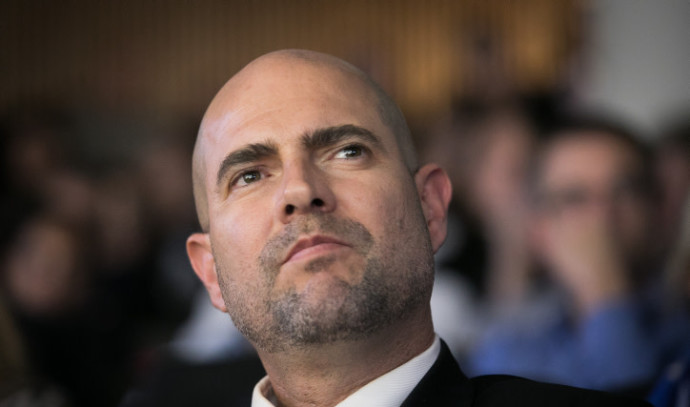Deputy Attorney General Amit Merari today (Friday) sent a letter to Homeland Security Minister Amir Ohana criticizing his decision not to vaccinate prisoners following “lack of authority,” in a counter-letter, Ohana attacked back and stressed that as long as they were not part From the government, they can not decide. “
“You and everyone who is interested have until 21.2.4 to submit your name in one of the lists of candidates for the 24th Knesset, and if you are elected to the Knesset and the government, you can definitely do so. Until then, since the responsibility for all bodies subordinate to the Ministry of Defense “My shoulders, and the accountability to the public, I will give, and not you – I have decided to stand by it,” Ohana explained in his letter.
At the beginning of his letter, Ohana explained the motives for his decision: I will examine the prisoners’ vaccines in relation to the progress of the vaccines among the population of non-prisoners of Israel, and I have coordinated this position with my colleague in charge of Professor Grotto, Health Minister MK Yuli Edelstein.
As stated, in her remarks, attorney Merari criticized Ohana’s decision, saying that “We believe that this decision was given without authority, and therefore
Can not stand. The right of prisoners and detainees to receive medical treatment is enshrined in law and case law, and accordingly – the Prison Service must provide them with medical service in a way that will ensure that this right will not be violated as a result of their incarceration. There is no source of authority in the legislation that allows this right to be violated in the directive that is contrary to the outline of the Ministry of Health in this matter. “
Deputy Ombudsman in Criticism of Minister Amir Ohana by maariv on Scribd
Meanwhile, the Association of Public Health Physicians of the Medical Federation came out against Ohana as well. “The position of health organizations in the world and in Israel is to treat prisoners as a captive population. In the context of the corona, this is a population at risk, both due to background diseases and due to its presence in overcrowded conditions that increase the risk of morbidity and mortality.”
They added that “this is a population that also has the right to health as a basic human right. There is an ethical duty on the State of Israel to offer the vaccines to the prisoner population. The position of the Minister of Internal Security is contrary to health guidelines and endangers human life.”
